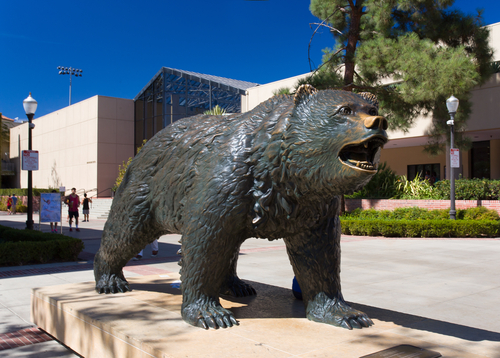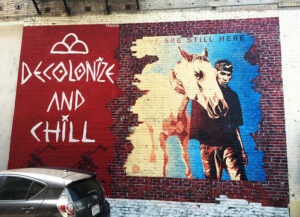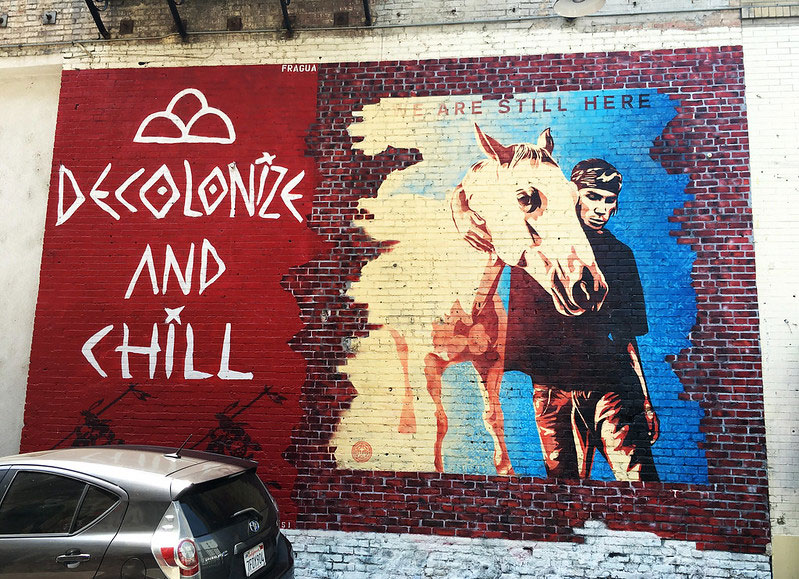
March 5, 2015;New York Times
Fashion Week has just passed and events show us that like many bad recycled trends, such as farthingales and elbow patches, Jew-bashing—questions of loyalty, blame for all the world’s problems—is in vogue once again.
UCLA sophomore Rachel Beyda appeared before the Undergraduate Student Association Council on February 10th for confirmation for a position on the university’s judicial board, the final arbiter of student government determinations.
“Given that you are a Jewish student and very active in the Jewish community,” she was asked, “how do you see yourself being able to maintain an unbiased view?”
The council initially voted against her candidacy, but after a faculty advisor apprised them that belonging to Jewish organizations was not illegal or a conflict of interest, she took her seat by unanimous approval. Of course, the initial hearing was recorded on video and the minutes were made available, and before the YouTube video was taken down, a firestorm erupted over the questioning of a Jew based simply on her religious identity. Then, as is also currently fashionable, disingenuous and semantic mea culpas poured forth like the closing of the Red Sea around the Egyptians. Four council members had at first opposed her and they provided the Daily Bruin a letter of apology:
“Our intentions were never to attack, insult or delegitimize the identity of an individual or people. It is our responsibility as elected officials to maintain a position of fairness, exercise justness, and represent the Bruin community to the best of our abilities, and we are truly sorry for any words used during this meeting that suggested otherwise.”
Blaming their words instead of copping to their own bigotry is standard practice for contemporary media consumption, and there was probably more careful consideration for public relations than there was for the earnest candidate they suspected of inherent bias. The interrogator herself, Fabienne Roth, stated in an email to a New York Times reporter pretty much the same tepid regret: “I have already apologized profusely for what happened during our council meeting and I deeply regret how I phrased my questions to Rachel,” she said. Again, it wasn’t that she was anti-Semitic, but rather her supposed lack of facility with language—“English made me do it.”
Sign up for our free newsletters
Subscribe to NPQ's newsletters to have our top stories delivered directly to your inbox.
By signing up, you agree to our privacy policy and terms of use, and to receive messages from NPQ and our partners.
“It’s egregious and startling,” said Trinity College researcher Mr. Barry Kosmin, who co-authored a recent study showing pervasive anti-Semitic attacks on college campuses. “If they had used this with any other group—sexual, racial, any kind of identity group—they would have realized it was illegal,” he opined.
UCLA Chancellor Gene D. Block characterized the increasingly common incident as a “teaching moment.” He continued, “These are students that are learning about governance. I think they all learned about what’s appropriate and what’s not appropriate. The campus has come together on this.” Did the campus coagulation over this festering wound of growing hatred of Jews, which many think is in part a byproduct of the Boycott, Divestment, and Sanctions movement aimed at pressuring Israel, really produce a healing effect?
John L. Rosove, the senior rabbi at Temple Israel of Hollywood, sounds an alarm over the reawakening of anti-Semitism all over the world, saying the incident “reflects something deeper, more troubling, insidious, and pervasive not just at UCLA but on college campuses nationwide.”
Some do see campus Jew-bashing as having risen from anti-Israel protest but expanded beyond it. “The overall culture of targeting Israel led to targeting Jewish students,” said Natalie Charney, student president of the UCLA chapter of Hillel. “People say that being anti-Israel is not the same as being anti-Semitic. The problem is the anti-Israel culture in which we are singling out only the Jewish state creates an environment where it’s okay to single out Jewish students.”
What did George Santayana famously say about all this? Something like, “Those who do not know history are condemned to relive its mistakes”? The problem with thinking of UCLA’s eruption of religious/ethnic mistrust as an isolated incident is failing to realize that such hatred is bootstrapping itself to acceptance all over the world. Each act of bias normalizes bias until it enters the public consciousness as debatable and moves from the lunatic fringe to the zeitgeist of contemporary culture.
I recall a similar historical “teaching moment”—the Shoah, a.k.a. the Holocaust, the final solution, the death sentence for six million Jews. It, too, started out with a seedling and a whisper—a question, then votes, then laws, then gas chambers. A launching pad like the UCLA occurrence.
Has the world not developed a heart or a conscience? It’s as if, in the first sea-blue light of morning on November 10, 1938, the crystalline powder and shards of glass in the streets of Vienna, a city of nearly a hundred synagogues, remained, 77 years later, unswept in the courtyards of the University of California at Los Angeles.—Louis Altman












